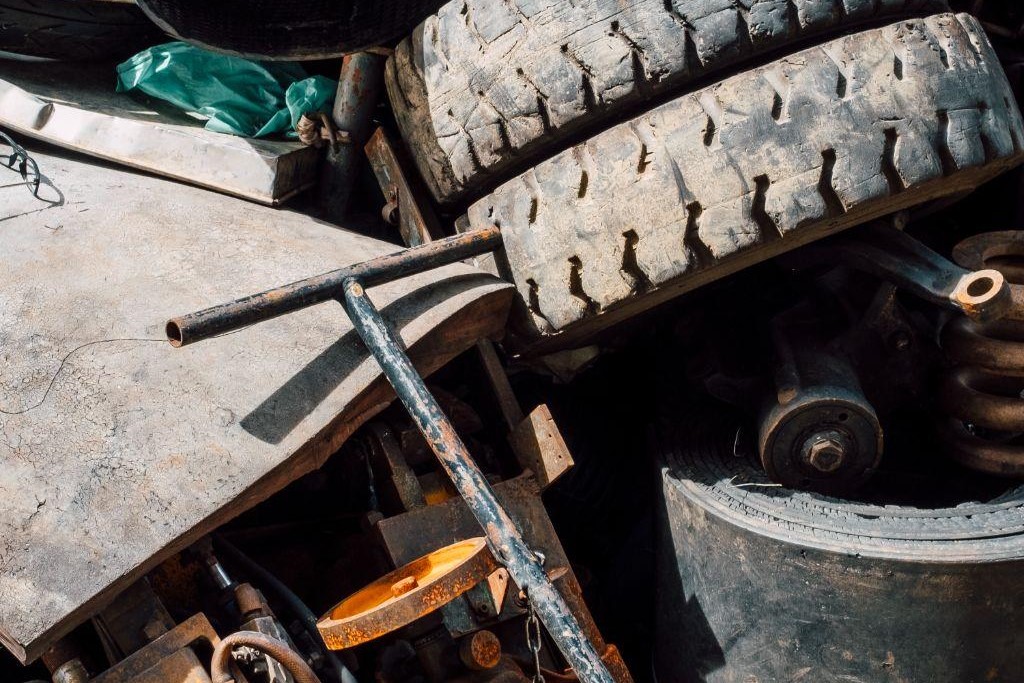Agricultural waste has an impact on the environment not only due to its composition, but also—often even more so—because of improper management. Procedures must comply with current regulations in order to minimize their impact on health and the environment. Containers, ropes, plastics, oils, batteries, and machinery parts are just some of the agricultural inputs that end up in landfills, polluting the soil, water, and even the air we breathe.
Agricultural waste: residues with unique characteristics
The advancement and widespread expansion of agriculture has proven beneficial for increasingly efficient food production on a global scale. However, the downside is the substantial increase in waste generated by agricultural production.
Agricultural waste has certain peculiarities that make its management particularly complex.
- Heterogeneous: The components used in agricultural activities can vary greatly from one another — from chemical products to plastics, machinery parts, batteries, or cardboard.
- Spread across vast areas: This makes the logistics of collection particularly challenging.
- Seasonal generation: Specific times of the year, such as harvest periods, lead to peaks in waste production.
- Lack of concrete data: There are no official records of any kind—neither on the amount generated, the types of waste, nor the regions affected. This makes it difficult to make informed decisions on the issue.
The environmental impact of agricultural waste
The various traditional methods of managing agricultural waste directly impact our planet and the food we consume.
Many farmers still rely on burning as a way to dispose of the waste generated by their fields. This practice produces harmful volatile compounds, releases greenhouse gases and pollutant particles into the atmosphere, contaminates the soil after combustion, and increases the risk of explosions and fires.
The prolonged storage of agricultural waste is another common form of improper management. The accumulation of this waste generates ecotoxic substances, increases the risk of fires, and contaminates the soil and air.
There are also fields that resort to burying waste as a management method. The degradation of the compounds releases toxic substances and causes a bioaccumulative effect in the food chains.
Management of agricultural waste: a problem with several solutions
After reviewing the different types of waste and their impact on the environment, it becomes clear that proper management of agricultural waste is not an easy task without clear regulations and the commitment of all producers.
The coordination of the various social stakeholders involved is key to preserving the planet. It is necessary to reach agreements on the most appropriate methodology to enable effective planning. Additionally, it is essential that producers have access to specific training on the management of waste from their fields. This knowledge will help identify the types of waste they generate and how to properly treat them.
Virkar Group: Efficient Seeders Committed to the Environment
Among the main objectives of our company is the development of efficient agricultural machinery for sustainable crops. Our no-till seeders align with good agricultural practices and are supported by innovation and technological research, making each new model more efficient and productive.
You can view our models, their technical details, and work capacity in our exclusive multimedia content. Contact Virkar to receive a quote tailored to your field and discover all the solutions we have to offer. Call us at 938 043 387.
